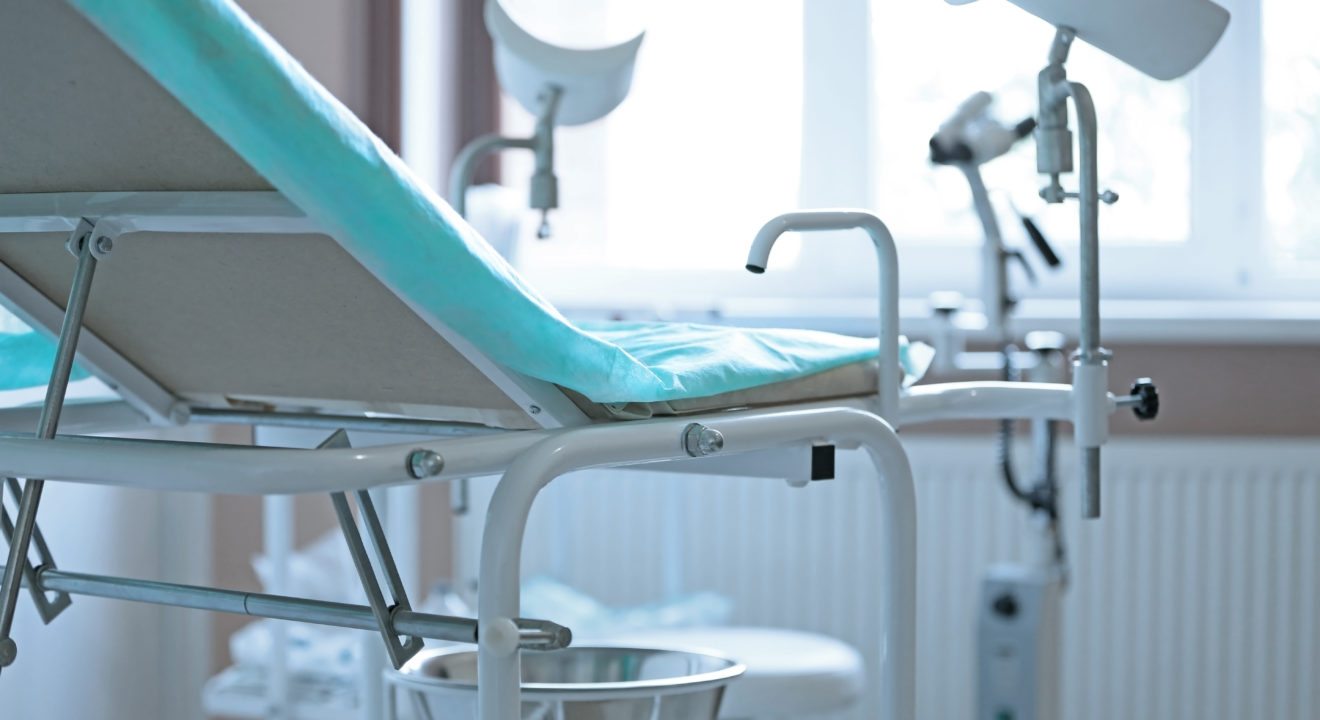Relationships May 9, 2017


While we all want to be responsible, healthy #ladybosses who take care of our bodies as well as our vaginal health – no scrubs here- we all know the terror we felt the first time someone shared their pap test experience we us: the paper gowns, the stirrups, the medieval looking medical tools lying on the tray next to you.
A pap test is foundational to a healthy sex life, necessary to stay informed about for your cervical health and there might not be a more stigmatized or feared medical experience than the Pap test, but Entity is here to answer your questions, dispel your fear, and keep you and your cervix as happy and healthy as possible. Here’s what you need to know about Pap tests:
For starters, let’s get our terms straight: Pap smear is no longer the correct title for the exam. What you want to be saying is pap test. The reason for the change is simple: the procedure changed! Gynecologists used to test for disease by smearing a sample of cervical cells on a slide to be tested in a lab and now they simply place the swab of your cells in a test tube and viola!
The rule of thumb used to be that women needed to get a pap test done every year, the good news? Not any more! Doctors noticed a rise in anxiety and stereotypes surrounding the culture of pap tests for young women, so in 2013 they reestablished the guidelines for regular cervix care and Pap Test regulation. A general practice that you can adopt that doctors agree on is:
| Before 21 | Get vaccinated for HPV |
| 21 or 6 months after you’ve become sexually active if older than 21 | Get Papped! |
| 21-65 years old | Get your Pap Test on every 3-5 years |
| After 65 | Your cervix, your choice |
While early detection is key in dealing with HPV and cervical cancer, and because of the screening we now do, the US has lowered its’ percentage of death by cervical cancer by 50% over the last 30 years; over screening can have serious side effects if done before 21. Yes, it is always better to be more informed and over cautious however, studies are finding that there are serious drawbacks to getting tested before the age of 21. According to this article screening done too early in young women can have harmful effects, and women under the age of 21 and over 65 have the lowest risk for cancer despite their highest risk for HPV
Ok, so you want to be a healthy and responsible steward of your cervix, here’s what you need to know about getting your Pap test done. A Pap Test is an exam your gynecologist will perform to test your cervical cells for any abnormalities that can lead to serious health issues, HPV=Human Papillomavirus, and cervical cancer. They will collect the sample of cells by inserting a speculum (a tool used to hold the walls of your vagina apart so your doctor can reach your cervix) into your vagina and then using a small brush will collect cells from your cervix.
Once the cells have been collected they will be stored in a test tube and sent to a lab. The whole procedure will only take a few minutes. Some women experience pain or irritation during the test and mild bleeding afterwards but remember that every woman’s body is different and not all Pap tests are created equal! Your Pap Test experience is going to differ from other women you know, the important thing is that you’ve been tested and you follow up with your doctor about the results.
As always is a good practice, talk with your doctor. Before, during, and after your exam, She is there to help and is your go-to-gal for all this confusing and complicated lady bits talk. It can be overwhelming trying to figure out the right care plan for your vajayjay, so making sure to see your gynecologist at least once a year whether you’re getting Papped or not is a must. Your doctor is there to answer any questions you can’t ask your mom, or you don’t want to ask your friends; and chances are, she’s can help you live your best life with a happy and healthy vagina.
It can be hard to gather all the necessary information to make an informed decision about our bodies when we don’t receive a concise and clear education on the care and keeping of our bodies; and as women, the hushed tones and social stigmas surrounding our vaginas, our periods, our Pap tests, and our sexual health are not helping us make good decisions for our bodies. How you take care of your cervix is an essential life style choice and being educated on the care and keeping of your cervix can only benefit you.
Ask questions, be bold, and remember that Pap Tests are friends not foes. Believe us, your uterus will thank you. REAL TALK: at the end of the day, isn’t a happy vagina one of our greatest priorities? Hashtag happy cervix, happy life.